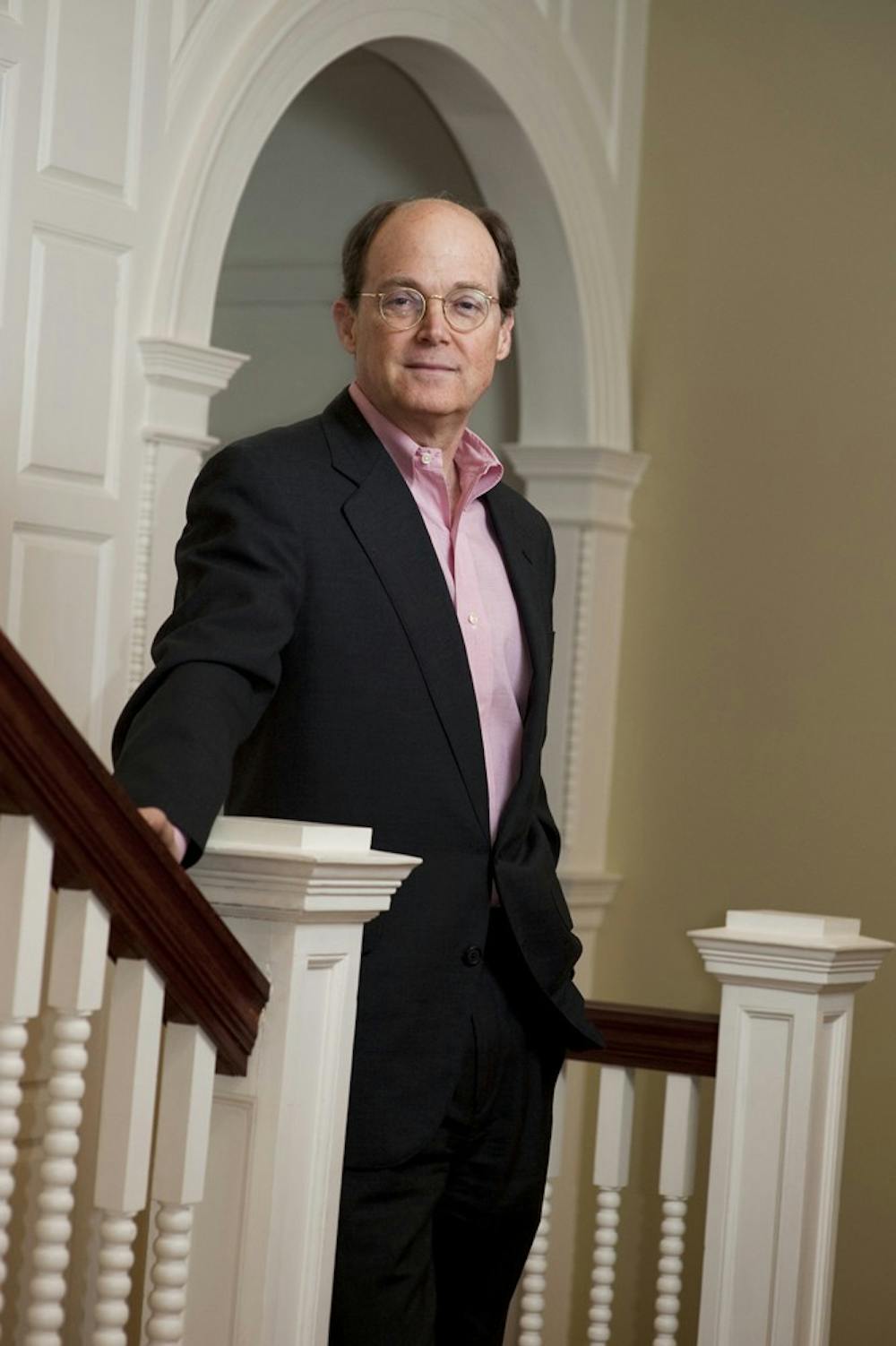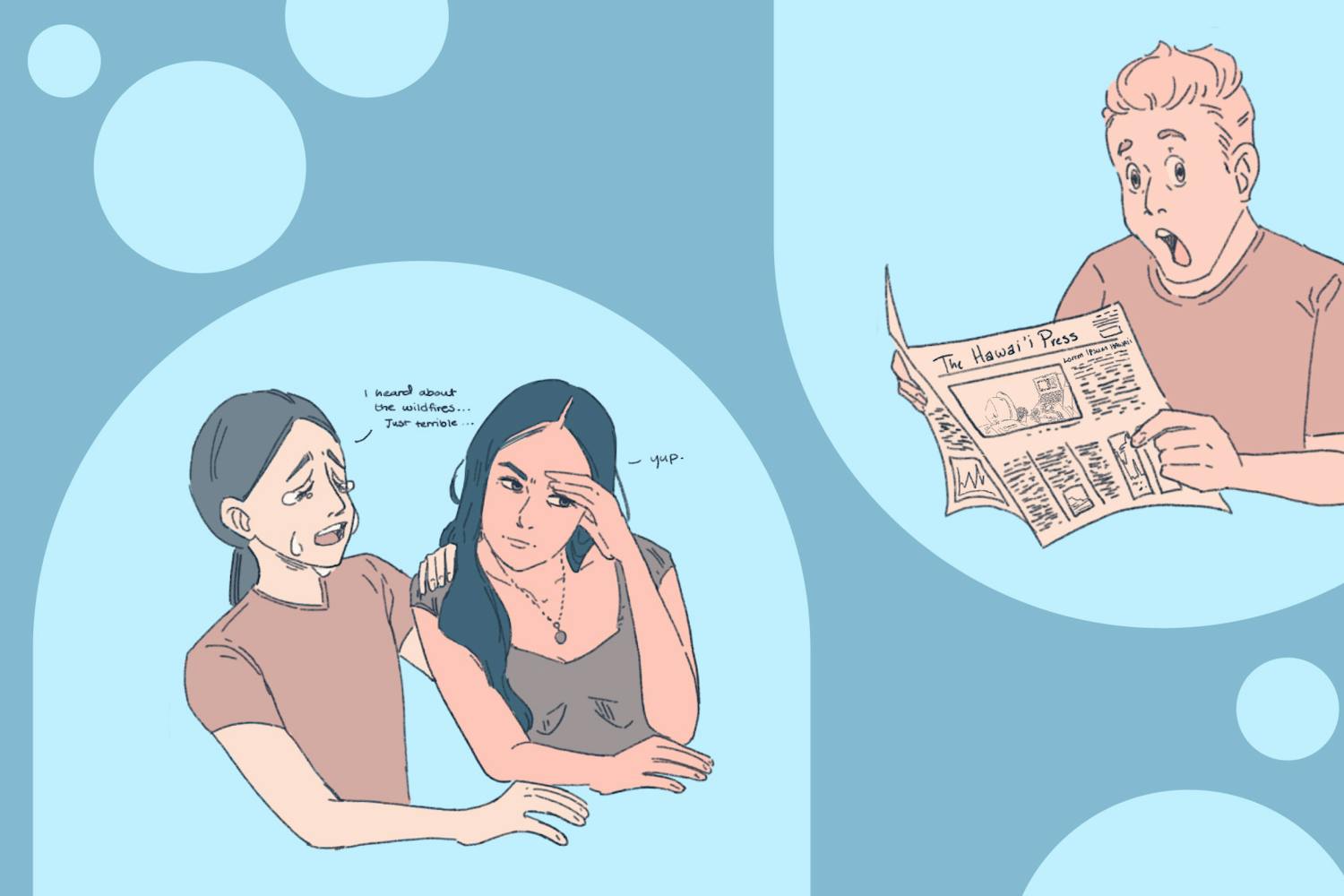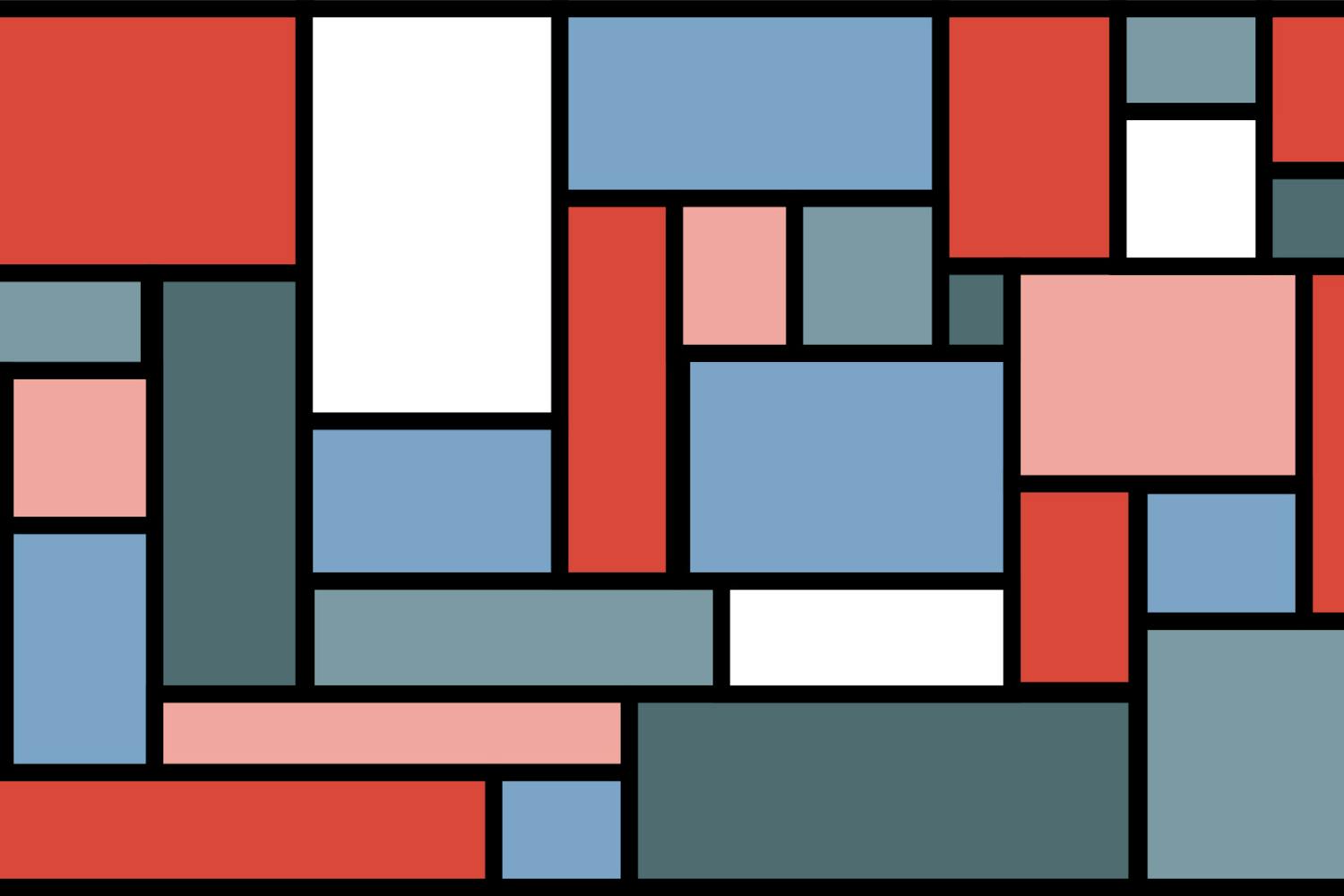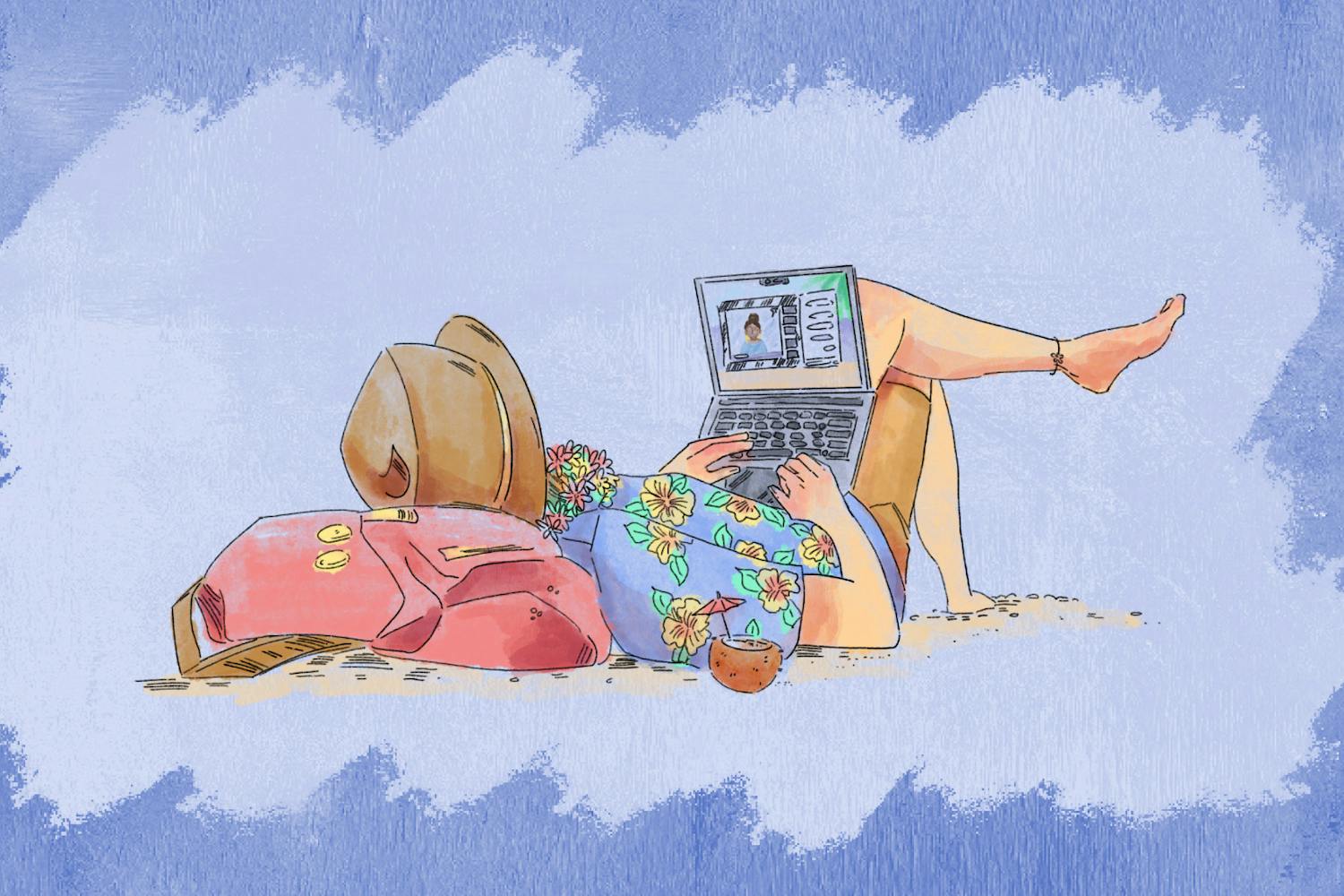A great rift is growing in America between an increasingly Christian morality-driven conservative right and an increasingly polarized and oppositional liberal left.
Or so media reports and political rants sometimes say with screaming hints.
“Ground Zero Mosque" and “Obama’s A Muslim?” are simplified, eye-catching headlines, but the conflict they represent is more complicated than left vs. right. But if America has separation of church and state, how, when and why did religion become a left-right issue?
In recent months, many stories where politics, religion and culture clashed have become enormous media and political events. Take, for example, plans for an Islamic cultural center to be built within blocks of the World Trade Center catastrophe. The Cordoba House, or “Ground Zero Mosque,” became a flash point for debate about how the rest of post-9/11 America engaged with Muslim Americans.
Then, a small-time pastor from Florida incited everyone from the pizza delivery guy to the President when he announced “International Burn-A-Quran Day.” The public did not celebrate, reaffirming a national sense of religious nonviolence.
But other recent headlines, and our collective focus on them, suggest that some fear still bubbles underneath the cultural surface — and that it’s boiling over the political hotpot.
By now, most people know about the infamous “America thinks Obama’s a Muslim” poll, conducted by Time in 2010, in which more than a fourth of American citizens it surveyed misidentified President Obama’s faith as Muslim; another 24 percent did not respond or felt too unsure to answer. (President Obama identifies himself as Christian.)
America is in conflict with religiously motivated extremist groups overseas, but what religiously motivated conflicts are happening within its borders and amongst its citizens? Is it possible to separate religion from politics, and if so, does it really guarantee religious freedom for all faiths?
Scholar, professor and author Alan Wolfe said in a Newsweek interview in 2008 that America is both religious and secular at the same time. Though our culture and personal lives can be colored by religious faith, he explained, our government remains nonreligious: “We separate church and state but we don’t separate church and culture.”
James Davison Hunter, professor and author of "Culture Wars," agreed with Wolfe in an October interview with State Press Magazine. Much of what we call culture is “implicit,” he says, existing below the surfaces of political, public and private life, but influencing them all: “Culture is the tip of the iceberg, but it’s the rest of the iceberg as well … It is not something that we theorize.”
This story seeks to explore the relationship between religion and politics in America, including an interview with one of the country’s most prolific minds on the subject and a roundtable discussion with Tempe religious and academic leaders.
A discussion between Imam Ahmad (Islamic Community Center of Tempe), Robert Rynders (United Methodist Campus Minister, ASU Tempe) and John Carlson (ASU professor, Center for the Study of Religion and Conflict). Filmed by Clayton Porter. Edited by Rebecca Bever.
Q&A: James Davison Hunter
Every time you hear or use the term “culture war” to describe some conflict in our country, you owe a small intellectual debt to James Davison Hunter.Hunter, the LaBrosse-Levinson Distinguished Professor of Religion, Culture and Social Theory at the University of Virginia, is the author of eight books, including "Culture Wars: The Struggle to Define America" (1991), "Is There A Culture War? A Dialogue of Values and American Public Life" (2006, co-authored with Alan Wolfe), and most recently, "To Change the World" (2010).
Hunter visited the ASU Tempe campus on Oct. 21 with Wolfe for a lecture called “From Tea Party to Textbooks: Religion, Politics, and the Struggle for American Identity,” put on by the Center for the Study of Religion and Conflict.
Below are excerpts from an interview with Hunter, conducted before the lecture along with applied ethics and religious studies senior Richard Ricketts and religious studies PhD candidate Matt Correa. Richard Ricketts: What are you talking about when you’re talking about culture, and what should we be looking for when we talk about culture?
James Davison Hunter: Well, I can promise you, you don’t have enough digital recording time to get the whole answer here [laughs]. So I’ll abbreviate, and I’ll begin with essentially an image, a metaphor, that’s a cliché, and that is that most of what we think about when we think about culture, it’s like the tip of an iceberg. It’s what we see. And most of what we know about icebergs is that 90-95 percent is underneath the surface of the water — you can’t see it, it’s hard to describe, it’s hard to know it’s shape.
So, just for an example … [gets out of his seat and shakes everyone’s hand].
What did I just do? You didn’t say to yourselves, “Oh my gosh, what does he want? Is he attacking me? Does he want my money?"… It is kind of a trivial element of culture, but it is how we greet each other. I stuck it out, you shook it, you knew exactly what to do without any reflection. You’ve never seen a training video, right? You’ve never seen a YouTube… You knew automatically.
Most of what we call ‘culture’ is in fact implicit, rather than explicit. It forms a background to our experience that we don’t have to think about, reflect upon. And it’s not just about how we greet each other, what we wear, things like that — although all those things are part of the background of our experience. It’s our sense of time, space, identity …
Culture is the tip of the iceberg, but it’s the rest of the iceberg as well. It is about taste in music, and clothing, and all those things that we are reflective about, because we can debate them and discuss them.
What I think has been most interesting about the cultural conflicts and what has made it so enduring over time is the fact that it’s operating at that deeper level. At the surface level, the politics of culture [is] going to change. The issues are going to change. Abortion has been the longest-standing of those ‘politics of culture’ issues, but even that has evolved over time.
On the media the news coverage of cultural conflicts:
JDH: You hear people on the left talk about the bias of the media in a certain way — you know, it’s all sort of corporate interests. And you hear the right, of course, talk about the bias of the media on political terms: “Ah, they’re all just left-wing!”
Needless to say, it’s much more complicated. Even in ideological terms, it’s much more complicated. But the real problem was not ideological bias. It was simply superficiality. And it was superficiality because the media themselves embraced that conflict narrative. It’s about protagonists and antagonists. It’s about who’s up, who’s down, who’s in, who’s out. And it flattened out the complexity of the reporting of those issues. So journalism — which has a responsibility, in my view, at its best to mediate, to educate [on] the complexity of these kinds of things — was actually not doing that. Not because they’re biased, but because they flatten out everything.
State Press Magazine: I would like to take what you’re saying right now and put it into a contemporary, specific context, and respond to a recent major media event. That being, it’s been termed in the media as the “Ground Zero Mosque” —
JDH: Really? haven’t heard of it... [laughs]
It’s an incredibly complex issue, and it’s symbolically fraught, and that’s part of the nature of our cultural politics. It’s the importance of symbols that touch deep chords about what’s good, what’s bad, what’s right, what’s wrong…
I think the backdrop that I would paint for not just this issue, but for all issues that we’re talking about, is the backdrop of the news media itself. It’s a declining market. Newspapers are losing readers like crazy, networks are losing viewers like crazy. How do you hold their attention?
So when you’re reporting on something as divisive as this, and as complex as this, and you’re trying to hold people’s attention, and you’re trying to build market share, you’re going to go for people who can summarize their views in the briefest, the most provocative ways.
SPM: The person you’ll be joined in discussion with later on, Alan Wolfe, said in a "Newsweek" interview that in America, “We separate church and state but we don’t separate church and culture.” I was wondering how you feel about that statement, particularly in the context of this Cordoba House controversy.
JDH: You see, part of the problem is our political culture — any society, any nation, any state — has lots of problems. How are we going to solve them? We live in a time where we essentially politicize those problems. We cannot imagine a way of solving our problems, publicly and in common, that is not first and foremost, if not exclusively, through political means.
And the irony here is that the Christian right has done more to politicize non-political space — family, values — than any other group. So even they have participated in the politicization of everything. They think that there is a state problem [as to] how you raise your kids. This is just nuts, okay? The problem is that we have... merged our notion of public life with political life. And we’ve brought those together in such a way that we cannot understand a public life that is independent of political life.
So what Alan is talking about, and what I agree with, is that in political life, there is a separation of church and state. Right? But in public life, religion and public life are merged all the time, and appropriately so. The problem is when you have religious agendas folded into political agendas.
SPM: You’ve just established that our culture right now is based somewhat on struggle and frustration. And if American religiosity is increasingly entering the political sphere and becoming more combative, how does a new out-group — like a group that is not, say, one of the established religious norms — enter into American culture at this moment, if not by fighting?
JDH: Yeah … I don’t think they do. And I think that’s part of the problem.
SPM: This a bad, accidental pun, but do you think the climate has to change in order to —
JDH: I think that’s exactly the right image here. The climate has to change. … I mean, part of the politicization of everything is that we as individuals and groups only gain recognition if the state recognizes us. So the fact of the matter is, at least since the mid-'80s, there have been more Muslims in America than Episcopalians… It’s only now that there’s a kind of recognition [of Muslims], and it’s through the political. It’s not that there wasn’t a Muslim community [before this decade]. It’s that the political climate is changing.
SPM: Do you identify Muslims as a group that is being recognized right now in American culture? Or a group that’s somewhat contested right now?
JDH: I think it is contested, yeah. Recognition happens through contestation. You know, the ‘Muslim question’ is such an interesting one because it’s so different in the U.S. compared to Europe... In Europe, you have these large immigrant populations that are usually from one place, and reside in tight communities.... The Turkish population in Germany, the Pakistani population in Great Britain, the Algerian population in France, and so on. They live in such tight communities that they don’t have to learn German, French, English. What is more, those populations are pretty much working-class populations.
In the United States, most of the Muslim population does not cluster around any one particular community. You generally don’t find Muslims clustering together in any one place here like you do in Europe, number one. Number two, Muslims that are coming to the United States are overwhelmingly middle- and upper-class. Upwardly mobile. They want their kids to go to Harvard. They want their kids to go to ASU. They’re not, in a way, sectarian, sort of hiding. They want to be fully part of the mainstream. That’s really different [from the situation in Europe].
But 9/11, and reaction to it, is creating a dynamic [between Muslims and non-Muslims] that’s just the opposite of what most Americans would want to see... [Muslims] are coming together, they’re feeling defensive, they’re feeling like they have to assert their rights … They’ve never felt the need to do that before.
SPM: Do you think that’s a legitimate need?
JDH: It probably is. There’s a life course in which outsiders become ‘mainstreamed,’ and I think we’re probably pretty early in that process right now. And the recognition finally comes through conflict, like it did for the Mormons, as it did with Jews, as it did with Catholics…
The question is, what kind of conflict will we have to endure before all that happens? What kind of harm?
The real point I want to make is that in the history of tolerance in the West, was it in fact a result of people like John Locke writing essays concerning toleration, or people like Jefferson figuring out a way in which religion and politics can coincide? Was it in fact imagined and theorized by people like this, or was something else involved?
My sense is that people just got tired of killing each other. That exhaustion was as much a part of [how] we learned to get along as some ideal of mutual respect and toleration.
So the question for me, to come back to the original point … We go through this life course, and we want our highest ideals to guide us through in ways that are genuinely tolerant and inclusive and so on, but we’ll also just get tired of the other part.





